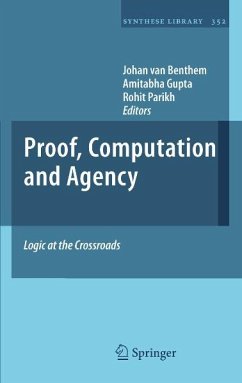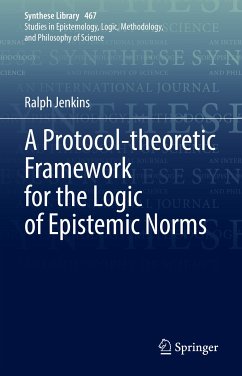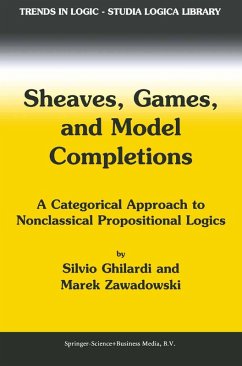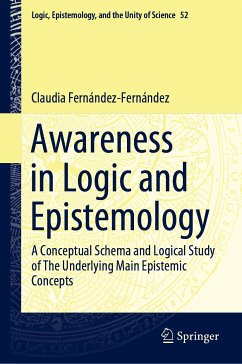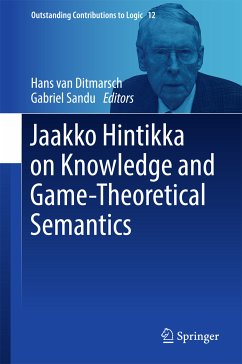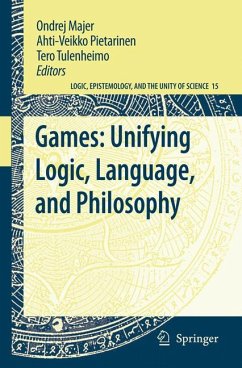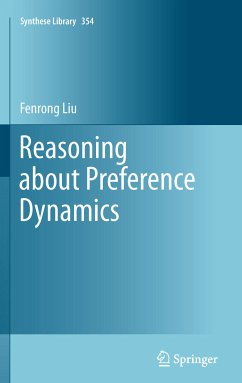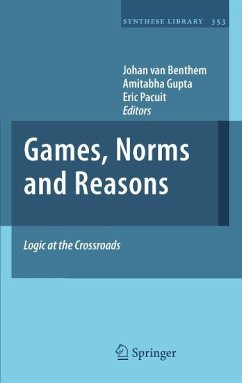
Games, Norms and Reasons (eBook, PDF)
Logic at the Crossroads
Redaktion: Benthem, Johan Van; Pacuit, Eric; Gupta, Amitabha
Versandkostenfrei!
Sofort per Download lieferbar
72,95 €
inkl. MwSt.
Weitere Ausgaben:

PAYBACK Punkte
36 °P sammeln!
Games, Norms, and Reasons: Logic at the Crossroads provides an overview of modern logic focusing on its relationships with other disciplines, including new interfaces with rational choice theory, epistemology, game theory and informatics. This book continues a series called "Logic at the Crossroads" whose title reflects a view that the deep insights from the classical phase of mathematical logic can form a harmonious mixture with a new, more ambitious research agenda of understanding and enhancing human reasoning and intelligent interaction. The editors have gathered together articles from act...
Games, Norms, and Reasons: Logic at the Crossroads provides an overview of modern logic focusing on its relationships with other disciplines, including new interfaces with rational choice theory, epistemology, game theory and informatics. This book continues a series called "Logic at the Crossroads" whose title reflects a view that the deep insights from the classical phase of mathematical logic can form a harmonious mixture with a new, more ambitious research agenda of understanding and enhancing human reasoning and intelligent interaction. The editors have gathered together articles from active authors in this new area that explore dynamic logical aspects of norms, reasons, preferences and beliefs in human agency, human interaction and groups. The book pays a special tribute to Professor Rohit Parikh, a pioneer in this movement.
Dieser Download kann aus rechtlichen Gründen nur mit Rechnungsadresse in A, B, BG, CY, CZ, D, DK, EW, E, FIN, F, GR, HR, H, IRL, I, LT, L, LR, M, NL, PL, P, R, S, SLO, SK ausgeliefert werden.



